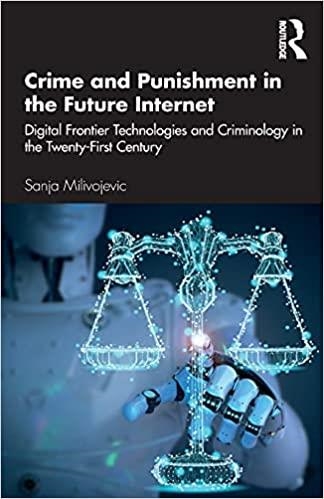-
C/ Hortes, 22 17001 Girona - 972 212 395 | De 9.30h a 13.30h i de 16.30h a 20.00h de Dilluns a Divendres | Dissabte de 9.00h a 13.30h i de 17.00h a 20.15hNo hi ha productes a la cistellaCerca avançada
-
C/ Hortes, 22 17001 Girona - 972 212 395 | De 9.30h a 13.30h i de 16.30h a 20.00h de Dilluns a Divendres | Dissabte de 9.00h a 13.30h i de 17.00h a 20.15h





